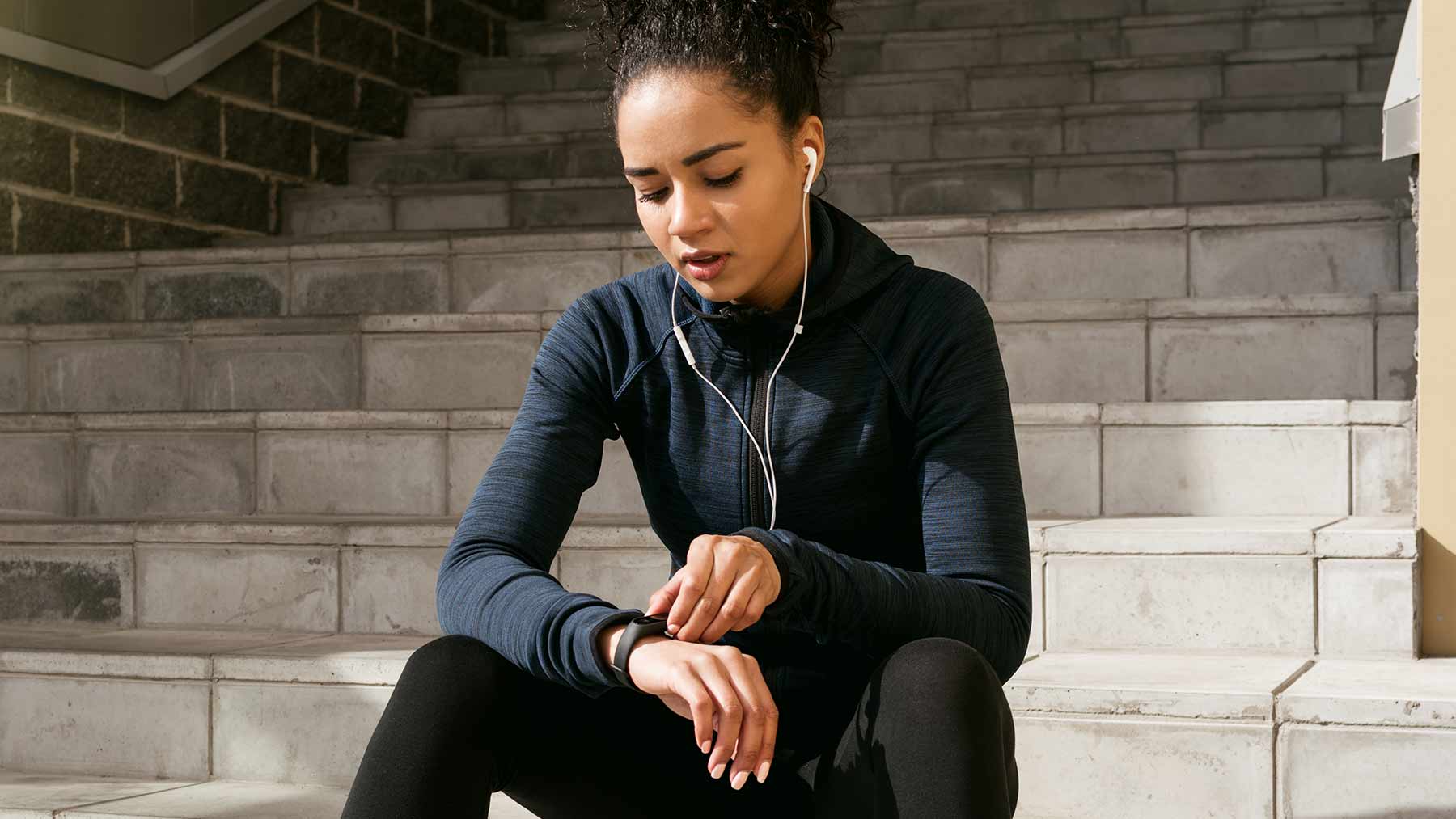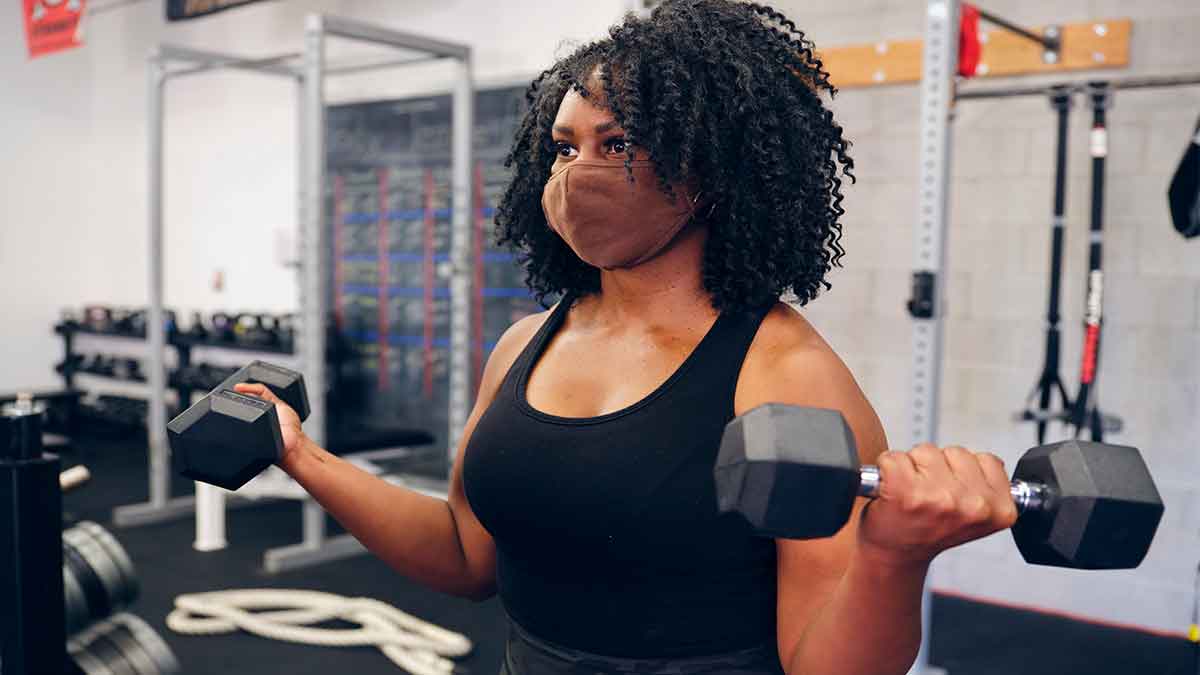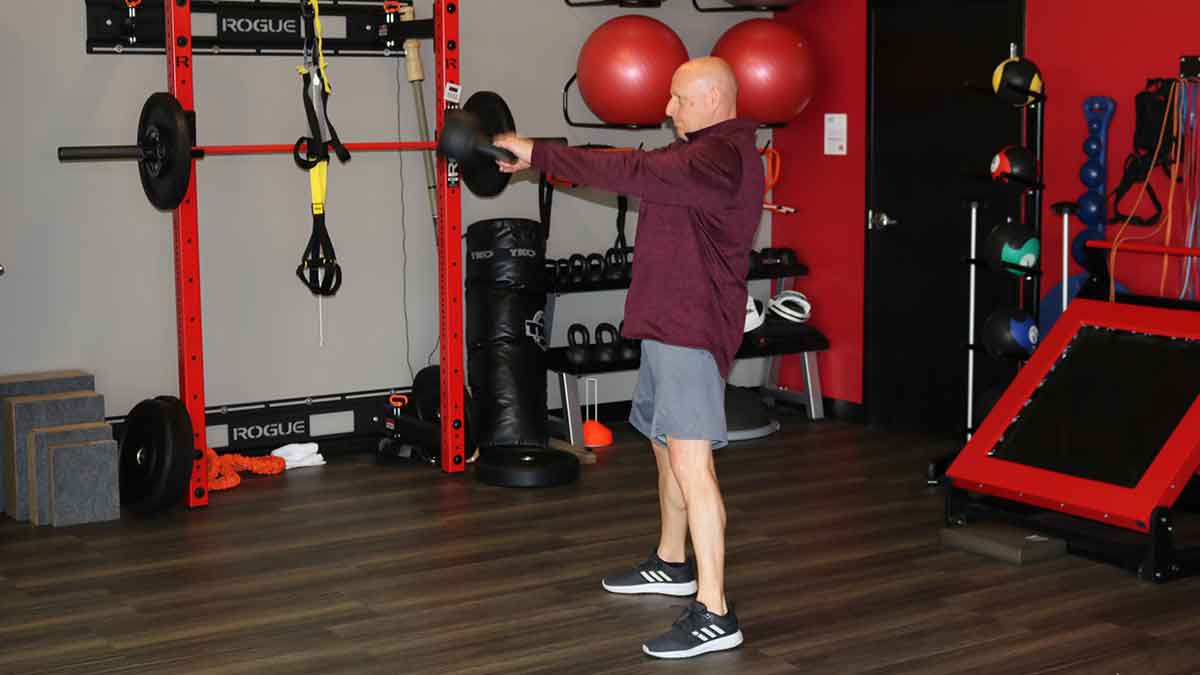Picking the best fitness watch for you

Fitness watches and trackers are extremely popular these days. They can be a fantastic motivator and good feedback device. Without one, you likely won’t know how many hours you’ve stood, how many steps you’ve taken, how many calories you’ve burned or what your resting heart rate was throughout the day. Plus, the movement reminders they provide are even more important now with people spending additional time sitting while working from home or on virtual calls.
How do fitness watches and trackers work?
Fitness watches and trackers continuously sense movement of the body on a three axis accelerometer within the watch. This data is relayed to your phone and can be viewed on a larger screen within the app. The information is recorded the entire time the watch is worn and turned on. This allows the tracker to sense if the wearer is walking, running, riding the elliptical, sleeping or standing still.
Many watches sense when you start moving and may pick up on your activity and auto-start counting your activity movements. Otherwise, you can select to start an activity such as running, walking, elliptical, cross training, weight lifting or yoga and the watch will begin counting your activity minutes.
Some watches also register your heart rate. When the heart rate is above a certain level while movement is sensed, the device will start counting activity minutes and overall calories burned. These wearables can sense if your heart rate is rising in the absence of movement, at which point it will buzz you to breathe and relax.
What type of metrics are tracked?
Fitness watches and trackers features vary, but the metrics they measure can include:
- Step count
- Calories burned
- Exercise/workout metrics
- Electrocardiogram (ECG)
- Blood oxygen levels or SpO2
- Sleep length and/or quality
How to pick the best tracker for your needs?
There are a variety of fitness watches and trackers on the market to give you this helpful data, which can be a great way to maintain or increase activity levels. You just have to find the right fitness tracker for you.
First, ensure the device is compatible with your phone type. Second, determine what’s most important for you to gain from your watch. Do you want the sleekest, most high-tech smart watch design with reliable data points for a variety of activities and heart rate? Or do you want general knowledge on your daily wellness activities and highly informed sleep data at an economical price point?
Some devices come with coaching and exercise plans to improve performance. This can be a great consideration for the individual who has a hard time including rest and relaxation into their weekly routine, or for the athlete who wants feedback on self-betterment from the data collected.
If waterproof capability is important to you, ensure the watch you select has that feature. If distance tracking is important to you, ensure you are selecting the GPS option for optimal data collection. If you plan to wear the watch overnight for sleep tracking, you’ll want a tracker with longer battery life.
Other features you may want to consider are whether the watch or tracker allows you to view and/or answer phones calls and text messages, play music or download apps.
Those who want to try a fitness watch or tracker for the first time may want to try a version at a lower price point to determine if you like getting this feedback about daily activity levels. You can save money by skipping some of these extra features if they aren’t important to you.
Kayla Borchers is a physical therapist at The Ohio State University Wexner Medical Center.




